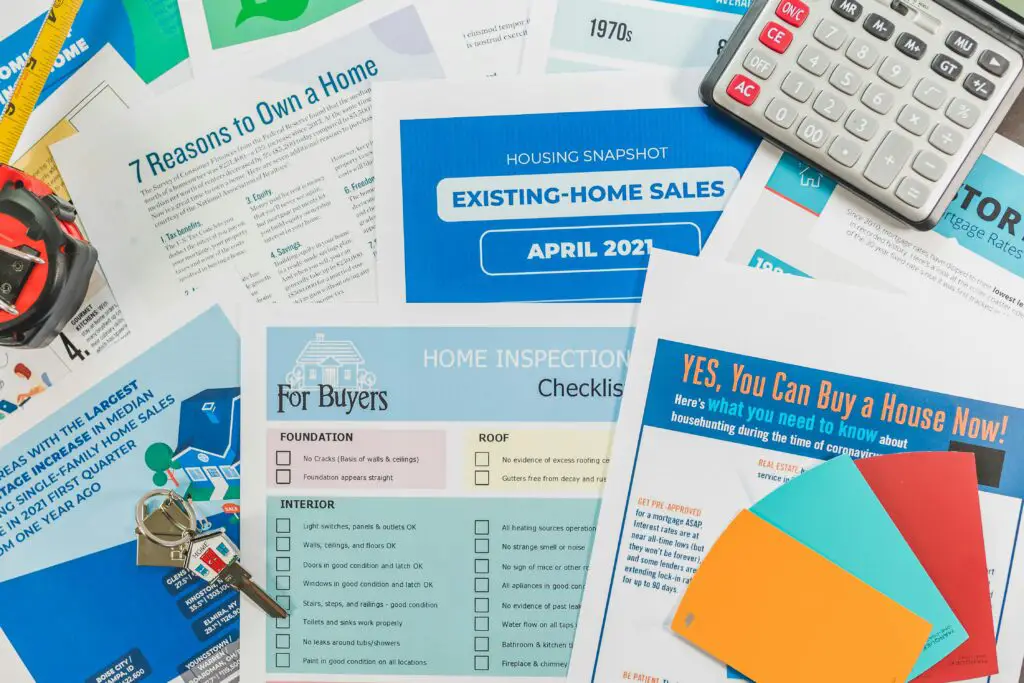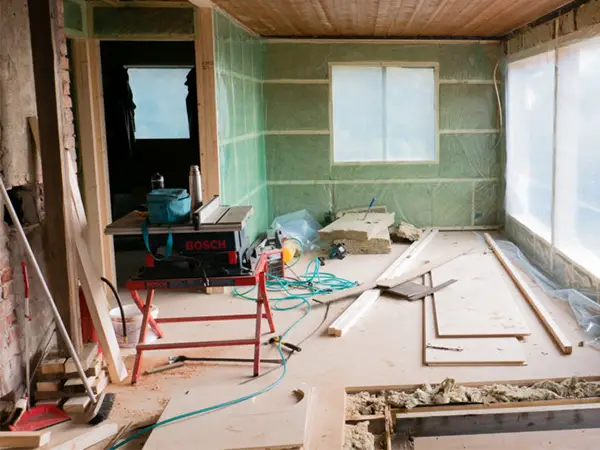1. Myth: Always Buy the Worst House in the Best Neighborhood

While this advice is often touted, it doesn’t always hold up in practice. Renovating the worst house can be more expensive and stressful than anticipated, especially if structural issues are involved. Real estate agents recommend balancing location with the home’s condition and your budget.
2. Myth: Open Houses Are Crucial to Selling

Many believe that open houses are essential for attracting buyers, but agents know that most serious buyers schedule private showings. Open houses often bring in curious neighbors or window shoppers rather than ready-to-buy clients. Online marketing is often more effective in today’s digital age.
3. Myth: You Must Offer 20% Down to Buy a Home

The idea that 20% is required to secure a mortgage is outdated. Numerous loan programs allow for lower down payments, including FHA loans with as little as 3.5% down. Real estate agents emphasize that affordability varies and advise exploring your options.
4. Myth: Real Estate Agents Are Just Salespeople

Some think agents are only focused on earning commissions, but their role involves much more. Agents handle negotiations, legal paperwork, and market research to protect your interests. They’re advisors who guide you through a complex process, ensuring you make informed decisions.
5. Myth: Spring Is the Only Time to Sell

While spring is traditionally busy, homes sell year-round. Buyers are active in every season, particularly during the fall and winter when competition may be lower. Agents recommend listing your property when the market conditions and your personal situation align.
6. Myth: Price Your Home High to Leave Room for Negotiation

Overpricing a home can backfire by deterring potential buyers who might not even view the listing. A well-priced home generates more interest and can lead to multiple offers. Agents stress the importance of realistic pricing based on current market data.
7. Myth: New Homes Don’t Need Inspections

Even brand-new homes can have issues like improper installations or construction shortcuts. Agents strongly advise home inspections to uncover hidden problems, even in new builds. Skipping this step could lead to costly repairs down the road.
8. Myth: Online Estimates Are Always Accurate

Websites offering automated home value estimates can be misleading. These tools rely on algorithms that don’t consider unique property features or local nuances. Agents rely on comparative market analysis (CMA) for a more precise valuation.
9. Myth: You Don’t Need a Real Estate Agent in the Internet Age

While online platforms make it easier to browse homes, navigating contracts, negotiations, and contingencies requires expertise. Real estate agents bring valuable market knowledge and negotiation skills that online tools can’t replicate.
10. Myth: Renting Is Always Cheaper Than Buying

While renting may seem less expensive upfront, buying can be more affordable in the long run due to equity building and tax benefits. Agents help buyers analyze local markets to determine the true cost of homeownership versus renting.
11. Myth: You Should Renovate Before Selling

Not all renovations yield a positive return on investment. Agents often advise focusing on small, cost-effective updates like repainting or decluttering rather than expensive remodels. Some buyers prefer to customize a home themselves, so a full renovation isn’t always necessary.
12. Myth: A Bigger Home Is Always Better

Many buyers equate square footage with value, but larger homes can mean higher maintenance, utility, and tax costs. Agents recommend considering your lifestyle and long-term needs rather than assuming bigger is better.
13. Myth: Cash Offers Are Always Best

While cash offers are attractive due to quick closings, they aren’t always the highest-value option. Some financed offers may include higher purchase prices that outweigh the convenience of cash. Agents evaluate all factors to help sellers choose the best offer.
